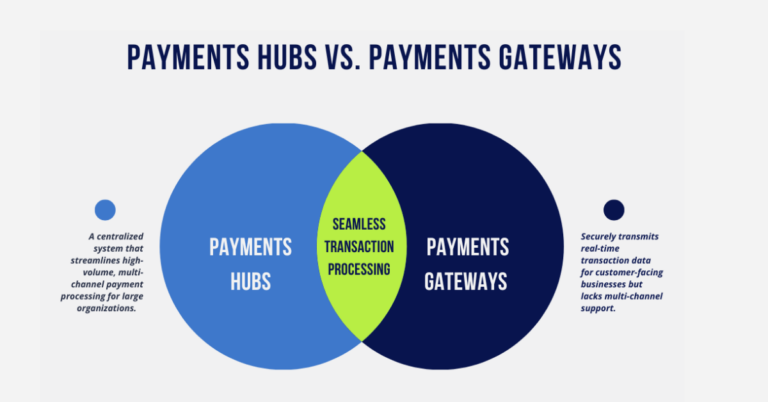Bill pay is an essential feature for credit unions, but it is often not given the attention it deserves. Modernizing the user experience involves enhancing the visibility and accessibility of bill pay on digital platforms, diversifying features to meet the needs of modern banking consumers, and implementing advanced bill pay solutions. By doing so, credit unions can increase user satisfaction, streamline operations, and stay competitive in a rapidly evolving financial landscape. In this blog, we will discuss how credit unions can reposition bill pay at the center of their digital experience.
The Importance of Bill Pay
Bill pay is a valuable service for members. It allows them to pay their bills on time and avoid late fees. Additionally, bill pay can help to increase customer satisfaction and retention. An Aite-Novarica survey of over 2,000 banking consumers revealed 87% of individuals feel that being able to meet most of one’s financial needs is very or extremely important, and 82% feel that having one’s best interest at heart is very or extremely important. In addition, digital payments have grown in usage and are now a primary driver of daily interactions and member engagement. In a study from Co-op Solutions in partnership with EY and Mastercard, 45% of respondents cited engagement as the top reason for maintaining a primary relationship with their financial services provider. This statistic is especially important considering that credit union members have on average 3x the number of financial relationships as non-credit union members.
Repositioning Bill Pay
There are a few things that credit unions can do to reposition bill pay at the center of their digital experience. First, they need to make bill pay easy to find and use. This means prominently displaying it on their website and mobile app. They should also make sure that the bill pay process is simple and straightforward.
Second, credit unions should offer a variety of bill pay features. 89% of consumers want more payment options from their bill pay solution. This includes recurring payments, automatic payments, and the ability to pay bills from multiple accounts. The average banked U.S. consumer has 15 accounts held across 4.4 financial services providers (this includes financial institutions, credit card companies, P2P providers, and BNPL). The banking environment is competitive and these features allow for members to easily manage their bills and save time.
Third, credit unions should use a modern bill pay solution. It can help credit unions to improve the user experience, increase efficiency, and reduce costs. A poll during Alacriti’s webinar with Aite-Novarica was taken in which respondents were asked about how modern they considered their current loan pay experience. The results of a poll indicated a significant shift towards online and digital channels for bill payments compared to five years ago. With the average person having multiple financial relationships, financial institutions have a high likelihood of not being the primary financial institution for their customers and members. Simply “getting the job done” will no longer be sufficient to attract and retain members. There are a number of different bill pay solutions available, so credit unions should choose ones that meet their specific needs.
Benefits of a Modern Bill Pay Solution
There are a number of benefits to using a modern solution. These benefits include:
- Improved user experience: A modern bill pay solution can make it easier for members to pay their bills. The user interface should be easy to navigate and the process should be simple and straightforward. It is important to offer modern payment options such as Apple Pay, but also the flexibility of recurring payments or guest pay.
- Increased efficiency: A modern solution should automate the bill pay process as much as possible. This includes posting payments in real-time, lessening the need for calls to see if payments were received. This frees up staff time so they can focus on other tasks.
- Reduced costs: A modern bill pay solution can help credit unions to reduce costs. The solution should be able to integrate with other systems, such as the credit union’s core banking system. This can help to reduce the need for manual processing. For example, Florida Credit Union identified payment modernization needs. With the help of Alacriti, they were able to offer a better variety of digital channels for bill payments with integration into their core and online banking provider. This greatly reduced their cost—they reported lowering their cost per transaction by over 50%.
Conclusion
Repositioning bill pay at the center of their digital experience is more than a smart move for credit unions—it’s a necessary adaptation to enhance member satisfaction, cultivate loyalty, and drive financial growth. By implementing a modern solution, diversifying bill pay features, and ensuring a user-friendly interface, credit unions can cater to evolving member expectations, stay competitive in the dynamic banking landscape, and affirm their roles as primary financial institutions. This strategic shift not only makes bill pay a more valuable and convenient service, but also aligns credit unions with the future trajectory of digital banking.
To learn more, watch the webinar, Repositioning Bill Pay at the Center of the Credit Union Digital Experience.




